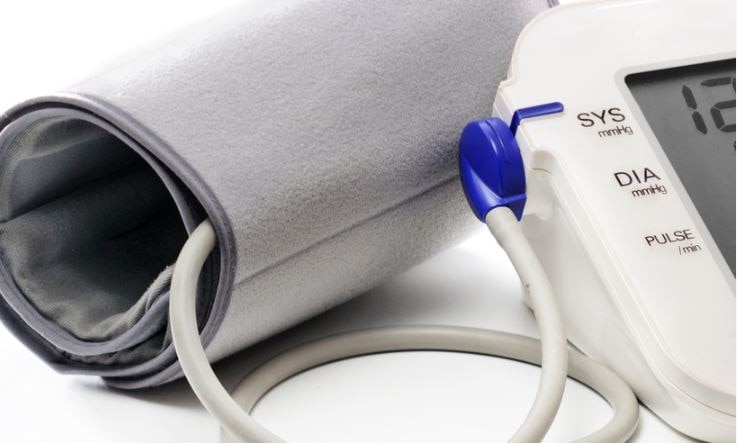Obstructive Sleep Apnoea (OSA) and Blood Pressure

October 10th 2017
Essentially, most medical experts are of the opinion that there is a connection between blood pressure and sleep apnoea. The U.S. National Heart, Lung and Blood Institute (a division of the National Institutes of Health) states in it’s definition of sleep apnoea that left untreated it can “increase the risk of high blood pressure,” whist also presenting a greater risk for obesity, stroke and heart attack.1
The Mayo Clinic states high blood pressure as a possible complication of sleep apnoea. They say that “sudden drops in blood oxygen levels that occur during sleep apnoea increase blood pressure and strain the cardiovascular system.” They also warn that “if you have obstructive sleep apnoea, your risk of high blood pressure (hypertension) is greater than if you don’t,” they also go onto link the severity of the sleep apnoea with that of the blood pressure.2
Our own NHS in the UK gives similar warnings about the link between the 2. saying on their web site that “Obstructive sleep apnoea (OSA) is associated with high blood pressure,” and that it’s “uncertain whether people develop hypertension as a direct response to OSA, or whether it is the result of an underlying cause of OSA, such as obesity.”3
Sleep apnoea and blood pressure: The research
The suggestion that high blood pressure and sleep apnoea are regularly found together are supported by a wide variety of medical studies. A study published in American Family Physician in 2002 is typical: “About one half of patients who have essential hypertension (hypertension without a known cause) have obstructive sleep apnoea, and about one half of patients who have obstructive sleep apnoea have essential hypertension.”4
A 2009 study published in the journal Hypertension Research also found that OSA “increases both daytime and night-time ambulatory blood pressures.” That study concluded that understanding the characteristics of a patient’s sleep apnoea “is essentially important” to achieve control over high blood pressure.5
So, what to do with this information? Chances are you may well be aware of the connection, but if not and if you suffer from OSA then be sure to discuss any concerns with your GP. Please discuss any medical advice with your doctor or equipment provider. If you have a specific product question, please contact the ResMed UK team